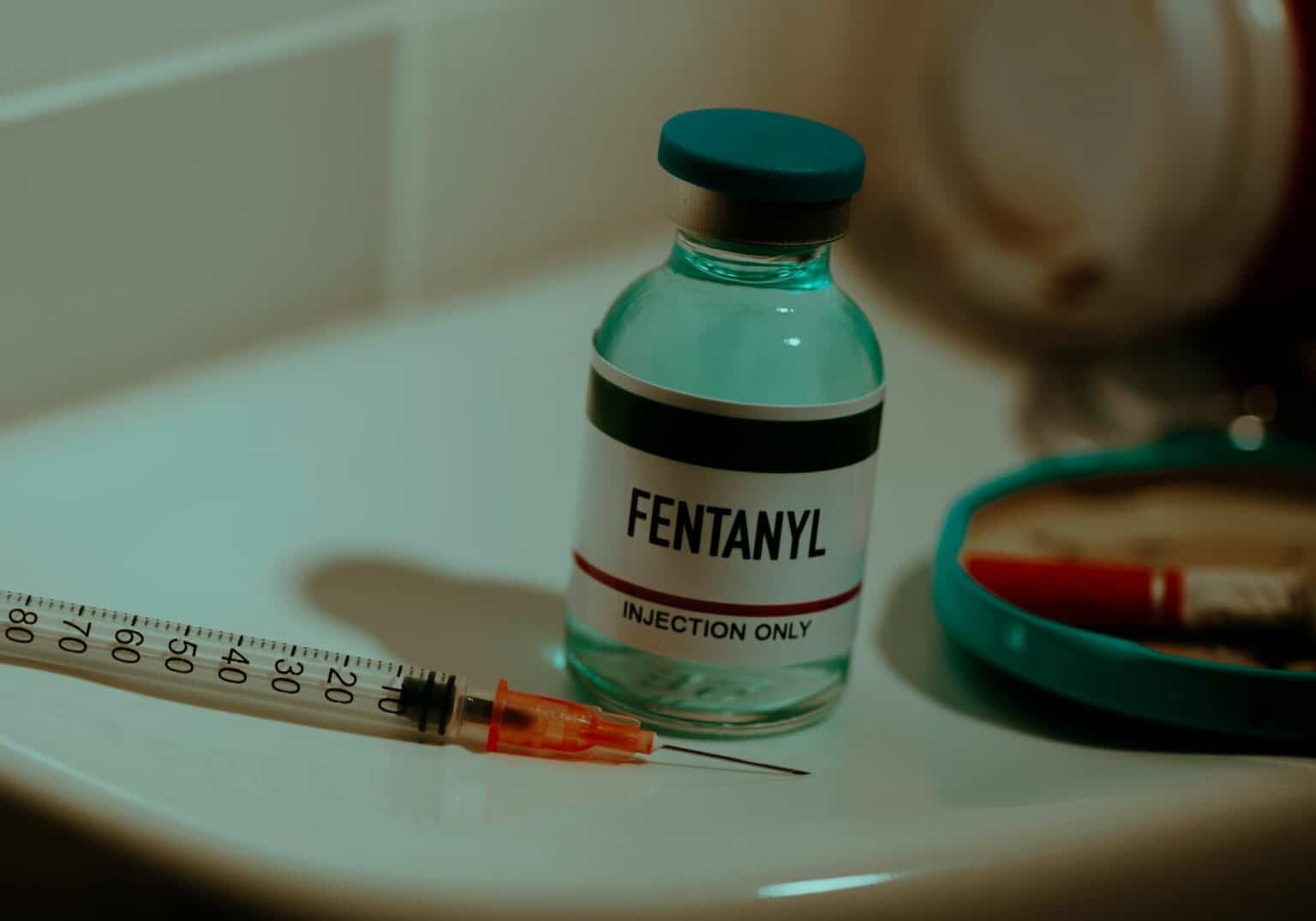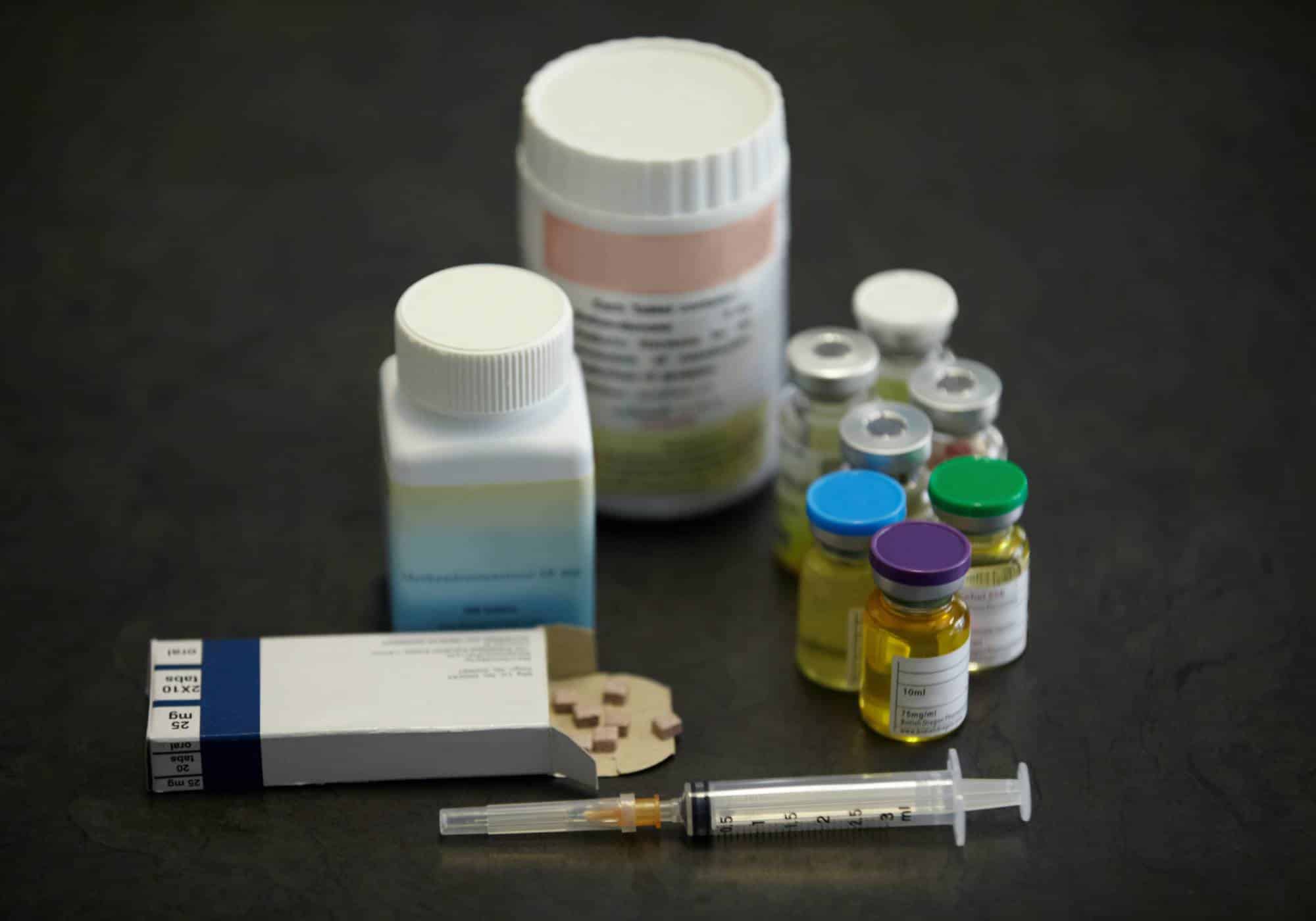What is Fentanyl Addiction?
Fentanyl addiction is a complex issue where individuals continue using the drug despite its harmful effects. This addiction is driven by how fentanyl interacts with the brain, particularly by triggering dopamine release, which creates a feeling of euphoria. This can quickly lead to addiction as the brain craves more of these pleasurable feelings, increasing drug use.
Additionally, fentanyl creates physical dependence. Prolonged use leads to the body relying on it, resulting in severe withdrawal symptoms when usage decreases or stops.
Compounding the danger, street fentanyl is often mixed with other drugs, heightening the risk of overdose. Its potency far exceeds many opioids, making it particularly hazardous. If you or someone you know is facing fentanyl addiction, immediate treatment is crucial. Contact Hope Harbor Wellness at 678-821-2081 for support in overcoming fentanyl addiction.
Signs of Fentanyl Addiction
Fentanyl addiction has emerged as a critical concern in the midst of the opioid crisis, drawing widespread attention due to its potency and the risk it poses.
Being able to identify the signs and symptoms of fentanyl addiction is essential in acknowledging the problem and seeking timely assistance for those affected. Key indicators of fentanyl addiction include:
- Increased Tolerance: Needing more of the drug to achieve the same effects, indicating the body’s growing accustomed to its presence.
- Withdrawal Symptoms: Experiencing physical and psychological discomfort when not using fentanyl, such as restlessness, anxiety, and physical pain.
- Compulsive Usage: An overwhelming urge to use fentanyl, often leading to neglect of personal and professional responsibilities.
- Continued Use Despite Harm: Persisting in using fentanyl even when it’s causing physical, mental, or social harm.
- Social and Recreational Sacrifices: Giving up activities once enjoyed or withdrawing from social interactions in favor of drug use.
- Secrecy and Isolation: Being secretive about drug use and isolating from loved ones.
- Financial Problems: Experiencing financial difficulties due to spending significant amounts of money on acquiring the drug.
- Physical Changes: Noticeable weight loss, changes in sleeping patterns, or deterioration in physical appearance.
- Mood Swings: Experiencing drastic changes in mood or behavior, including bouts of depression or agitation.
Recognizing these signs is the first step in confronting fentanyl addiction and seeking the necessary help, which can be a turning point towards recovery and a healthier life.

Symptoms of Fentanyl Addiction
Fentanyl addiction often creeps in quietly, gradually taking over before one realizes its impact. Early detection is crucial, as it opens the door to timely help and recovery, such as the support offered at Hope Harbor Wellness in Atlanta.
Be alert to these early symptoms of fentanyl addiction:
- Persistent fatigue
- Constant drowsiness
- Slurred or slow speech
- Clumsiness or lack of coordination
- Difficulty in clear thinking
- Constricted, pinpoint pupils
- Regular forgetfulness
- An overpowering need for the drug, despite attempts to quit
- Inability to stop using fentanyl
- Doctor shopping for additional prescriptions
As addiction progresses, more severe symptoms may emerge, including:
- Pale or washed-out appearance
- Breathing difficulties
- Cold or bluish skin
- Stomach pain and cramping
- Continuous muscle pain
- Frequent nausea and vomiting
- Sleep disturbances
- Persistent exhaustion, even after rest
- Unexplained jitteriness or anxiety
- Seizures
- Prolonged periods of depression
- Sunken eyes
- Mouth sores
- Financial difficulties or legal issues
If these symptoms resonate with your experience or that of someone you know, it’s crucial to take action. Hope Harbor Wellness is prepared to assist individuals on their journey to a life free from addiction. For fentanyl addiction treatment, contact our fentanyl rehab center at 678-821-2081.
Recognizing the Signs and Symptoms for Fentanyl Addiction Treatment
Identifying the right moment to seek help for fentanyl addiction can be challenging, especially for those grappling with substance use disorder. Many struggle to acknowledge the impact of their addiction on themselves and their loved ones, while some believe they can manage the addiction independently or consider waiting until they hit rock bottom to seek professional help.
However, the sooner you seek treatment, the better your chances of recovering and overcoming this complex condition. It might be time to consider fentanyl addiction treatment if you or someone you know is showing signs like:
- An increasing need to use more fentanyl than what’s prescribed.
- Using fentanyl in ways not recommended by a healthcare provider.
- Noticing that fentanyl use is affecting your performance at work, school, or home.
- Engaging in risky behaviors or using fentanyl in potentially dangerous situations.
- Spending most of your time obtaining, using, and thinking about fentanyl.
- Trying unsuccessfully to quit or reduce fentanyl use.
Fentanyl addiction can profoundly affect various aspects of life, including relationships, financial stability, and both mental and physical health. If you suspect that you or a loved one is battling fentanyl addiction, seeking help early can be crucial in preventing these detrimental effects and starting the journey to recovery.

Fentanyl Addiction Treatment at Hope Harbor Wellness
Located in the serene suburbs of Atlanta, Hope Harbor Wellness is your ally in the fight against fentanyl addiction in Atlanta. Our drug rehab centers, dedicated to holistic recovery, are ideally situated to offer you the support you need.
Our compassionate outpatient program collaborates with top-tier medical fentanyl detox facilities, ensuring a safe and effective detox process. Once free from addictive substances, you can seamlessly transition into one of our specialized outpatient treatment programs at Hope Harbor Wellness, designed to address substance use disorders:
- Outpatient Rehab: A flexible program tailored to fit into your daily life.
- PHP (Partial Hospitalization Program): Offers a structured yet non-residential approach to treatment.
- IOP (Intensive Outpatient Program): Provides more intensive care while allowing you to maintain daily responsibilities.
- Dual Diagnosis Treatment Program: Caters to those with co-occurring mental health disorders.
Our treatment programs incorporate a variety of interventions:
- MAT (Medication-Assisted Treatment): Utilizes medications to ease withdrawal symptoms and cravings.
- Psychotherapy: Addresses underlying psychological aspects of addiction.
- Group Therapy: Offers peer support and shared learning experiences.
- Individual Counseling: Provides personalized guidance and support.
- Family Therapy: Helps heal and strengthen family relationships.
- Holistic Therapies: Focuses on overall well-being, including physical, emotional, and spiritual health.
- Aftercare: Ensures ongoing support post-treatment.
Embark on your journey from addiction to recovery with Hope Harbor Wellness. Trust in our dedicated team to guide you every step of the way. For more information or to start your journey, call our admissions team at 678-605-9725.












